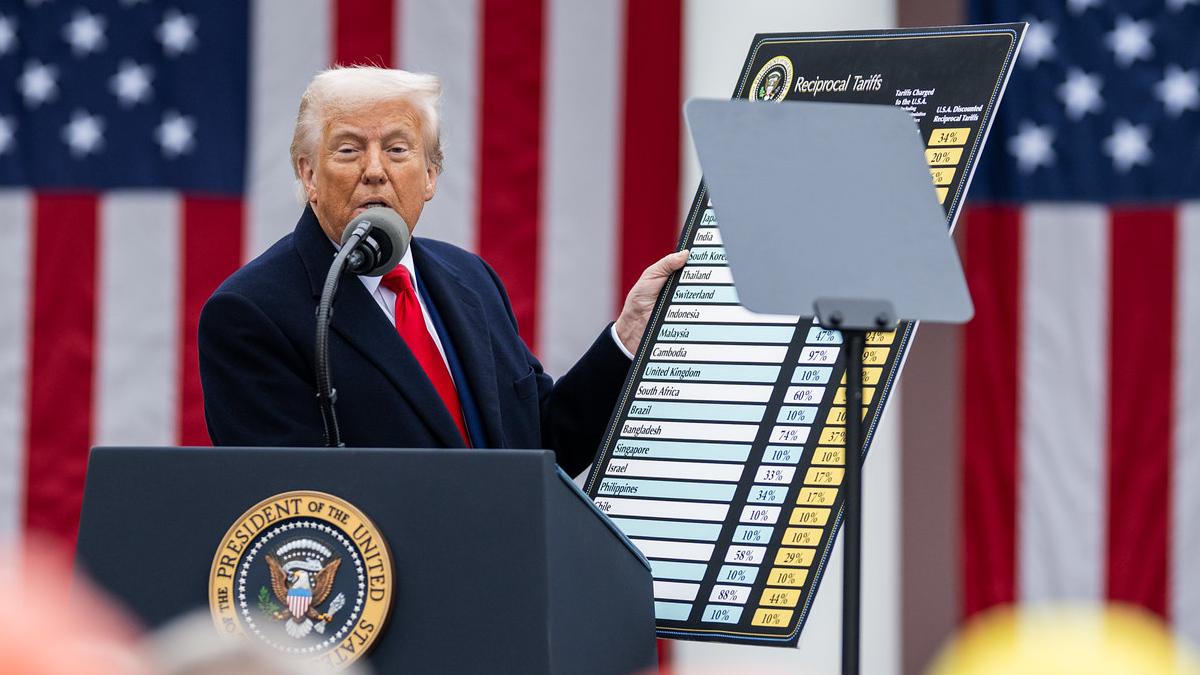Jazz pays $145m to resolve Xyrem antitrust disputes

Jazz Pharma has agreed to pay $145 million to settle lawsuits claiming it illegally acted to prevent generic versions of its narcolepsy therapy Xyrem from entering the US market.
The lawsuits – which date back to 2020 in some cases – have claimed that Jazz entered into a series of "reverse payment" agreements – sometimes referred to as "pay-for-delay" deals – which were designed to extend its monopoly by blocking access to more affordable generic drugs, forcing purchasers to buy expensive brands instead.
The plaintiffs include Blue Cross Blue Shield Association, the city of Providence, Rhode Island, and New York State Teamsters Council Health and Hospital Fund, according to a Reuters report.
Xyrem (sodium oxybate) has been approved in the US as a treatment for excessive daytime sleepiness and sudden loss of muscle control in patients with narcolepsy since 2002.
Jazz retained its market exclusivity for the drug over many years through a series of patent litigation suits to protect the use of the drug in this indication and its formulation of sodium oxybate, which was first synthesised around 100 years ago.
Hikma Pharma, which has also been named as a defendant in some lawsuits, launched an authorised generic of Xyrem in early 2023, with Amneal also joining the market with its authorised version a few months later. Jazz claimed US patent protection for the Xyrem formulation until February 2023.
Ireland-headquartered Jazz confirmed in a financial filing that it had agreed a preliminary class settlement agreement for the lawsuits, which were consolidated into multidistrict litigation (MDL) proceedings in 2020, with the $145 million payment met with "cash on hand." It expects to take a charge to that value in its first-quarter 2025 accounts.
The settlement will cover "the majority of claims at issue in the MDL" but remains subject to court approval, the company added, reiterating that it denies all alleged wrongdoing in the matter and will defend its position "vigorously" if the settlement is rejected.
Xyrem sales reached a peak of $1.7 billion in 2020, but have declined steadily since then and came in at around $234 million last year, but made another $218 million from royalties on authorised generic sales.
It also sells a newer medicine based on sodium oxybate, a lower sodium alternative called Xywav, which grew 16% to $1.47 billion last year and remains under patent protection in the US. Xyrem can be problematic as it contains 109% of the American Heart Association's recommended daily allowance for sodium intake.
Image by Mohamed Hassan from Pixabay












